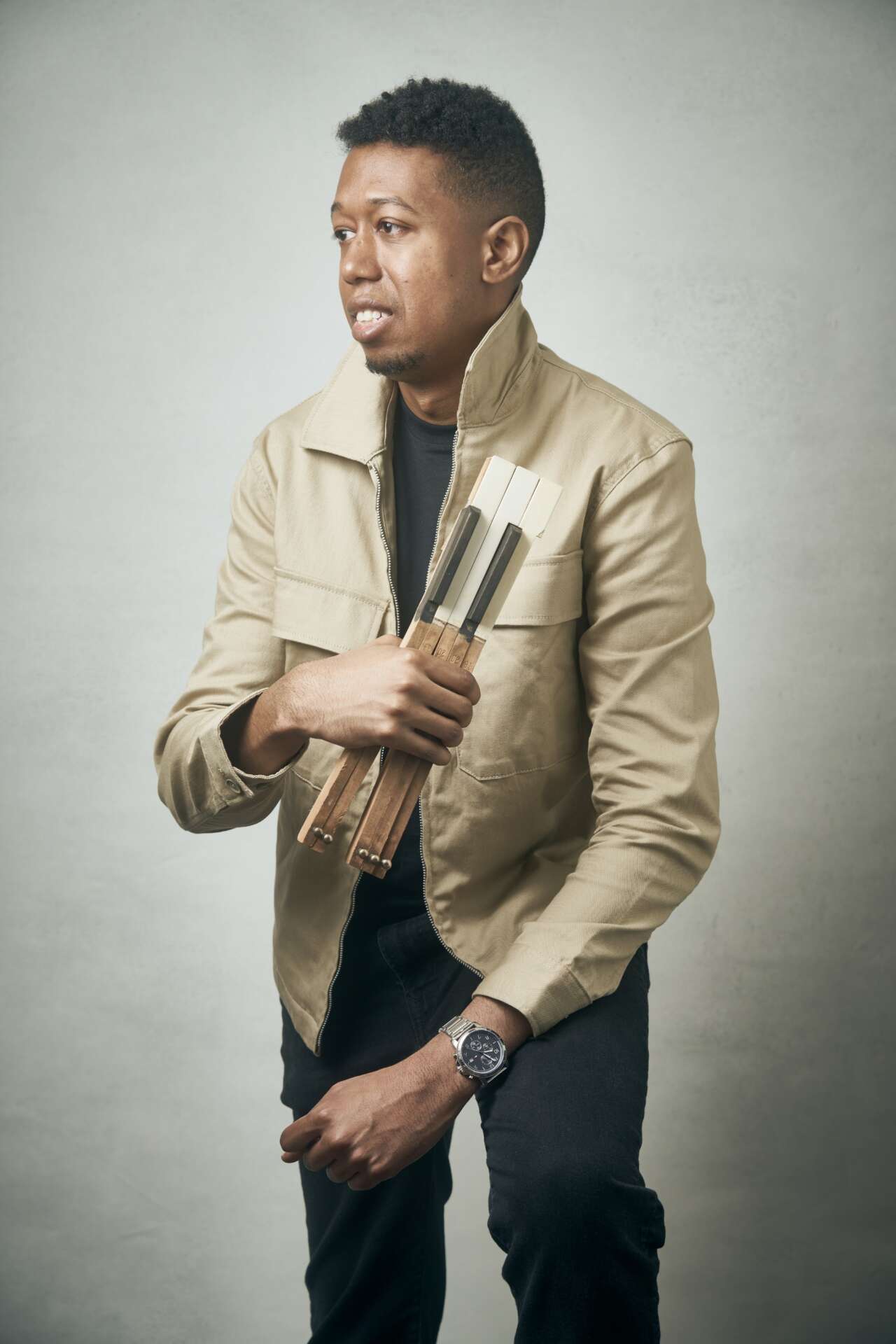We were lucky to catch up with Lawrence Fields recently and have shared our conversation below.
Lawrence, thanks for taking the time to share your stories with us today How did you learn to do what you do? Knowing what you know now, what could you have done to speed up your learning process? What skills do you think were most essential? What obstacles stood in the way of learning more?
There are so many things that I’ve learned over the years that have helped me absorb more useful things more quickly. My own journey of self-education has given me some insights into how the learning process works, and I’ve realized that so many commonly-held beliefs about learning are actually directly in opposition to the mindset that we need to efficiently absorb new skills.
The myths of talent are a good place to start: yes, there are some people who possess abilities that are far beyond the norm, and are true prodigies.. But most of the people that we recognize as “talented” build their abilities through a lot of daily hard work — and the majority of them are helped by having advantages that come from their environment or outside factors.
In my case, eventually understanding this was life-changing. It came from many hours of observing, listening, and trying things, in order to understand how music works. Until I applied to Berklee College of Music, I’d never had a consistent teacher, and I missed out on a lot of the jazz camps, mentoring programs, and specialized schools due to simply not knowing about them. So a key development was finally realizing that no one springs into the music scene with their abilities fully developed — and that most prominent musicians in my field benefit from programs, teachers, and advisors put into place from fairly young ages. This let me focus less on wondering about talent, and more on finding other ways to recreate similar results on my own.
Overall, I think that if we focus more on preparing people for the emotional hurdles of learning new or difficult things, and on how to use their time wisely, and actually reveal *how* prolific people are able to do what they do, it’ll help a lot of people feel more comfortable reaching their full potential. I’ve now recognized these same principles in the way that notable people learn many other life skills. The main obstacle for many of us can be ourselves — and this is a lesson that has helped me get to a place in life where I feel excited and fulfilled.
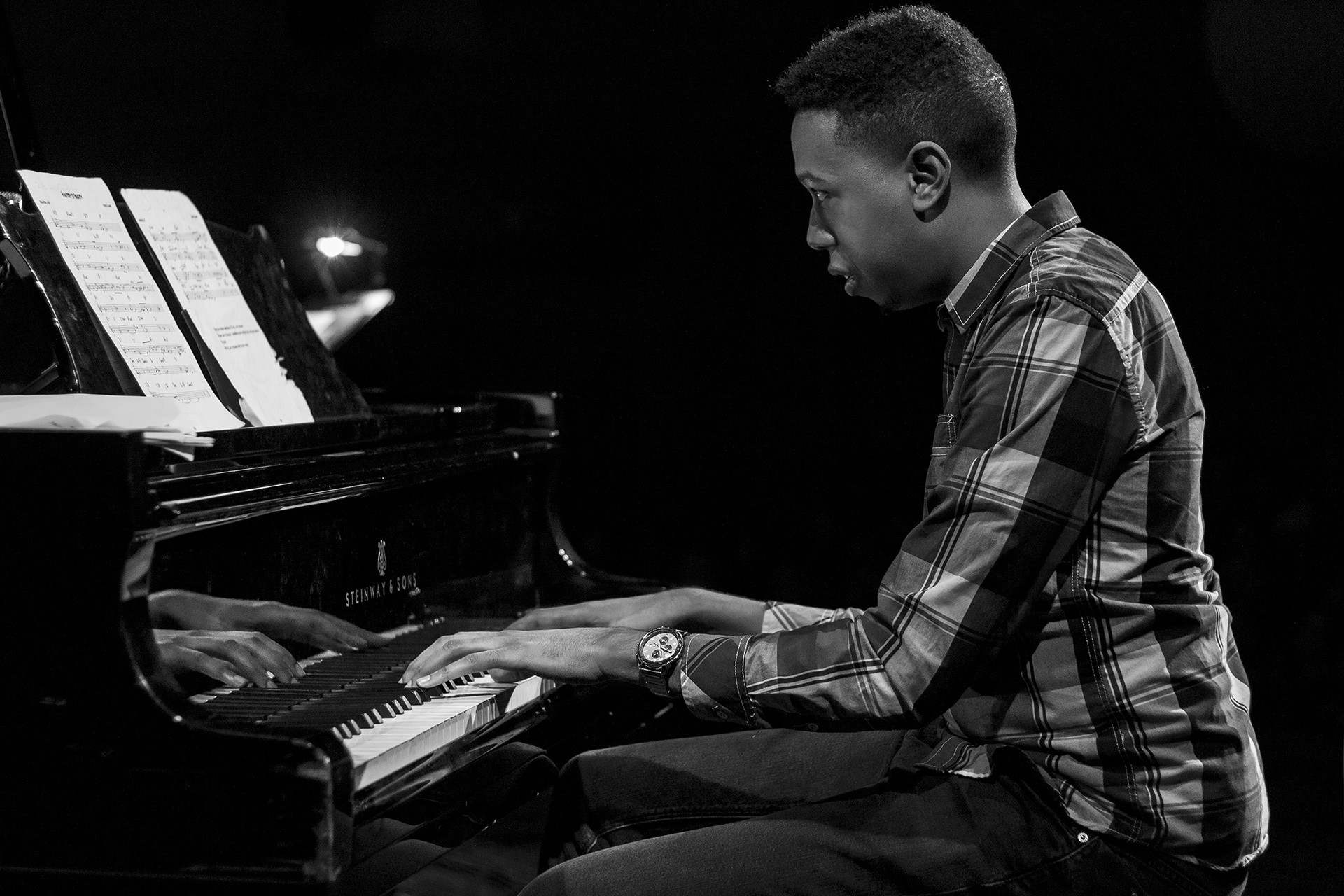
Lawrence, love having you share your insights with us. Before we ask you more questions, maybe you can take a moment to introduce yourself to our readers who might have missed our earlier conversations?
My story might not be a typical one, as I found my way into the music industry in a very roundabout way. I had two parents who both have some musical ability. So although neither of them pursued it professionally, I grew up hearing the sounds of music being played periodically in our house. Despite that, though, what I really wanted to do as a child was to explore other things. Because of that, music was always around, but it was never a primary focus until later on.
My dad showed me how to play a blues scale, and my mom gave me a year’s worth of beginner piano lessons, but I was much more interested in exploring other things at home, and in playing with my friends — so I stopped soon after starting. And I hadn’t planned on coming back to it.. But the draw of music was never very far away.. I spent hours listening to the radio while doing other things — playing a few tapes that we had in the house over and over again, and generally just being happy to hear good music from different places.
I had an unusual path through grade school, and ended up skipping the 7th and 8th grades to enter high school two years early (which at the time was exciting, and opened a whole new world for me as a 12 year-old). And the ‘cool’ factor of the high-school marching band is what ultimately ended up drawing me back in. After seeing the band’s drum line perform at a welcoming event for new students, I was fascinated, and decided to try to join. This meant taking a required class for students who hadn’t enrolled in bands before.. And that class is where I ended up fooling around on the piano, in the breaks between practicing the snare drum — plinking out some rudimentary beats with a couple fingers for another student to rap to, while the teacher was out of the room.
In high school and college, I was fixated on computers as a hobby, and academically, I was on a route that would eventually take me to becoming a software developer. My dad was trying to guide me onto the path of becoming a doctor, lawyer, or engineer, and Computer Science fit the bill. It had never occurred to me that playing music could actually lead people to careers. But once the feeling of making music with other people hooked me, it never let go.
This started a back and forth [cycle] of trying to reconcile a career in a STEM profession with the music that was becoming my actual love — and at times, spending so much time with the piano that I struggled to keep up with classes that should have been much easier for me. But I was becoming more and more passionate about music, and I wanted to find out how great pianists did what they did. After all the practicing, and starting to play with local musicians in St. Louis (including a saxophonist, Willie Akins, who took me under his wing), I decided to work hard and try to earn a scholarship to music school. Making the choice to leave my job in software behind and enter Berklee College of Music changed my life.
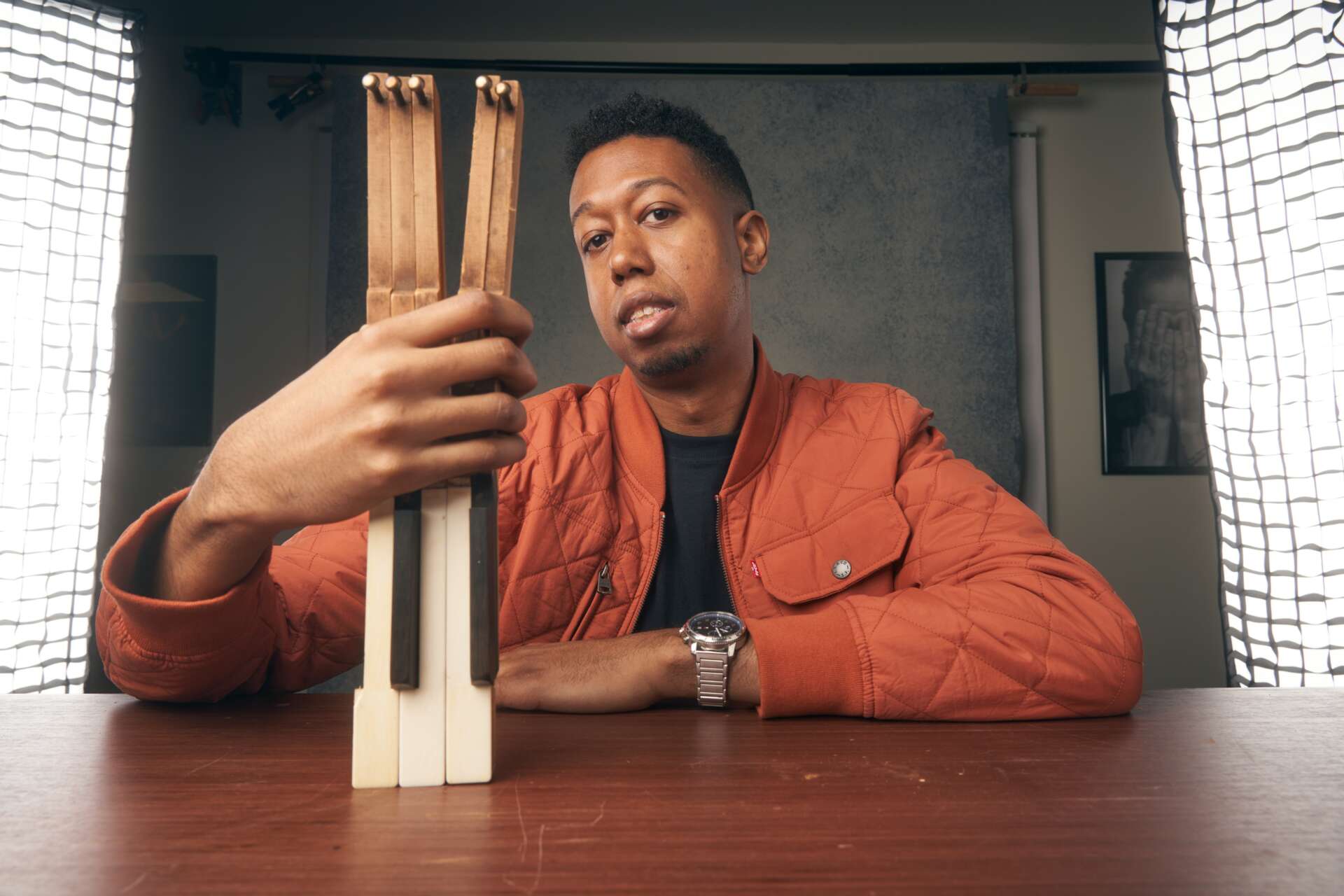
Is there something you think non-creatives will struggle to understand about your journey as a creative?
Making music your sole endeavor can be hard (although it’s definitely rewarding). It’s easy to glamorize the attractive aspects of creative businesses — the awards, recognition, attention, etc. But we all struggle for periods (sometimes extended ones). We go through stretches of self-doubt, of not understanding what the correct next steps are, and of wondering whether all of this is worth it. Most great musicians that I know aren’t compensated to the degree that you’d expect for their level of accomplishment (and there are some misconceptions about this that are left over from older decades of our music industry).
On a personal level, you may write or play something and wonder whether it’s good.. Sometimes it’s not until you share it with others that you know. We aren’t always the best judges of our own music-making.
Getting better means reconciling the joy of momentary success with emotional swings that come from wondering whether the next step is impossible. Coming out on the other side of this — and learning to do it consistently — is one of the most rewarding experiences in life. When you push through a ceiling, and realize that you were capable all along, it’s like experiencing a burst of electricity. Great artists fight hard for this!
Starting fear in the face and walking through it is something that we don’t always talk about, because sometimes it’s more comfortable to create an image without flaws — one that seems larger than life. But hardly anyone reaches success without it.
There are lots of artists who wish that they had broader reach, or were better known for their output.. But accomplishing this is a journey that takes bravery, patience, and observation. It’s not something that usually just ‘happens’ to people — it’s something that they create for themselves, or have someone assist in creating for them. Understanding the mechanics of how our industry works highlights the fact that success is often made, rather than found.
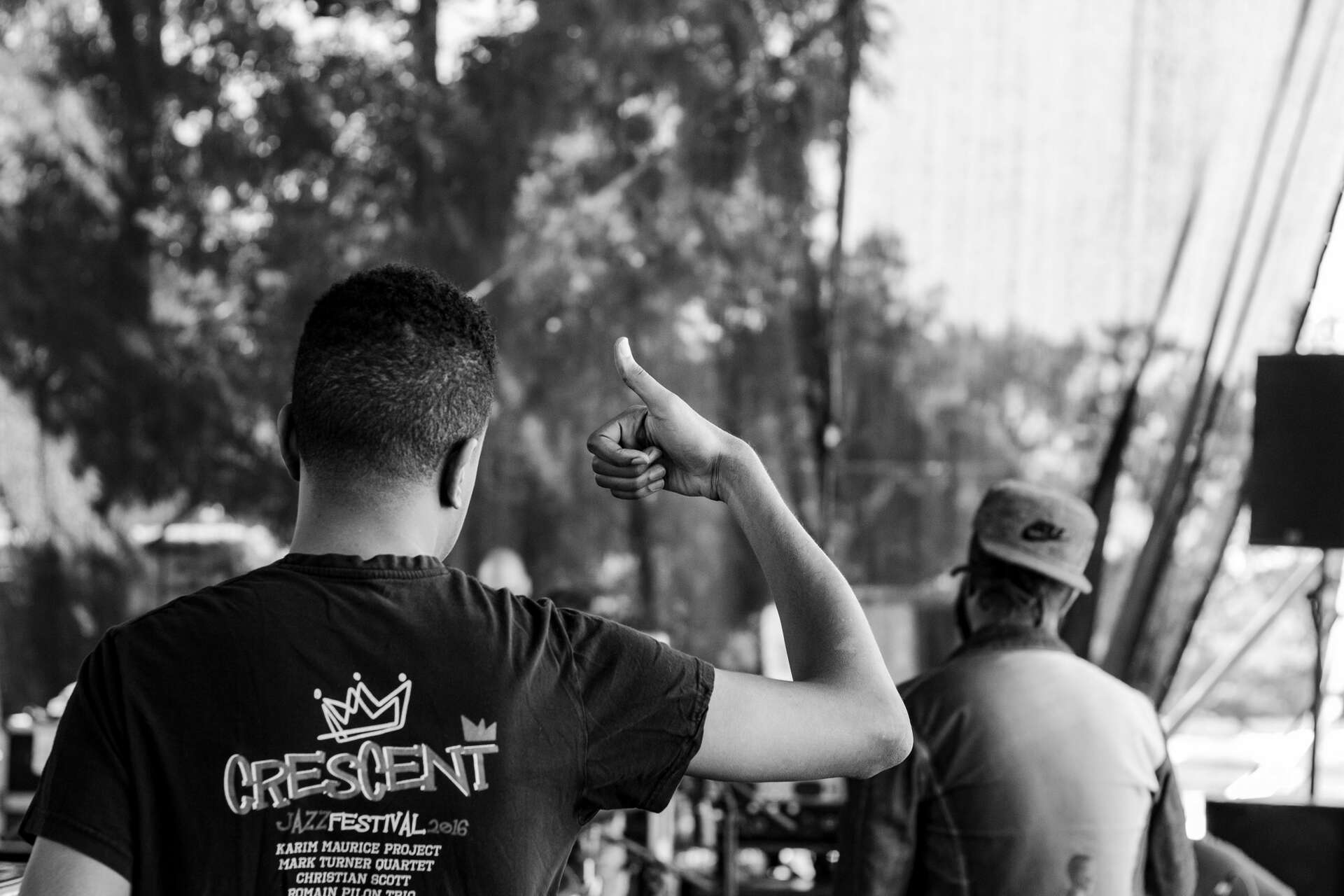
What do you find most rewarding about being a creative?
There are so many things I love about being a musician and working with lots of dynamic, creative people. Sometimes the sheer ability that surrounds you in a single place is astounding.. Sharing and building new things with people who are incredibly good at what they do is wonderful by itself. There are so many moments on stage, where even if the audience wasn’t present, the raw joy and passion that comes from improvising music together on the spot is something that’s hard to duplicate or explain. And then the audience adds a whole new level of energy and emotion on top of that. For me, it’s one of the best feelings in the world.
Then there’s traveling.. Visiting so many different places around the globe helped me understand that we are all very much like each other, regardless of where we live. Learning how to communicate on a daily basis with people whose language you don’t speak is such a powerful experience. It taught me how to strip away all these outer, visible layers that we put in front of ourselves, and showed me what it means to be human at the core.
And then even alone: just being at home, and putting the pieces together to create a new style of playing, breathing life into a new piece of music, or figuring out how to unlock the mystery of how a musician who was lauded 80 years ago was able to do what they did.. The first moments of freedom with a new ability that may have taken years to refine.. The excitement of this fuels me. To be able to do something that I can do with other people, or completely by myself, and enjoy it either way, is really special.
And lastly, about the people: in the music business, even off-stage, there are so many memorable moments and interesting conversations to be had with so many different individuals. It’s a gift that keeps on giving; the amount of distinctive personalities in this corner of the industry alone is really something. There are countless times that I’ve taken 20 minutes to talk to someone after a show, or on a plane or bus, and came away with a new perspective. It’s priceless, and I’m grateful for it.
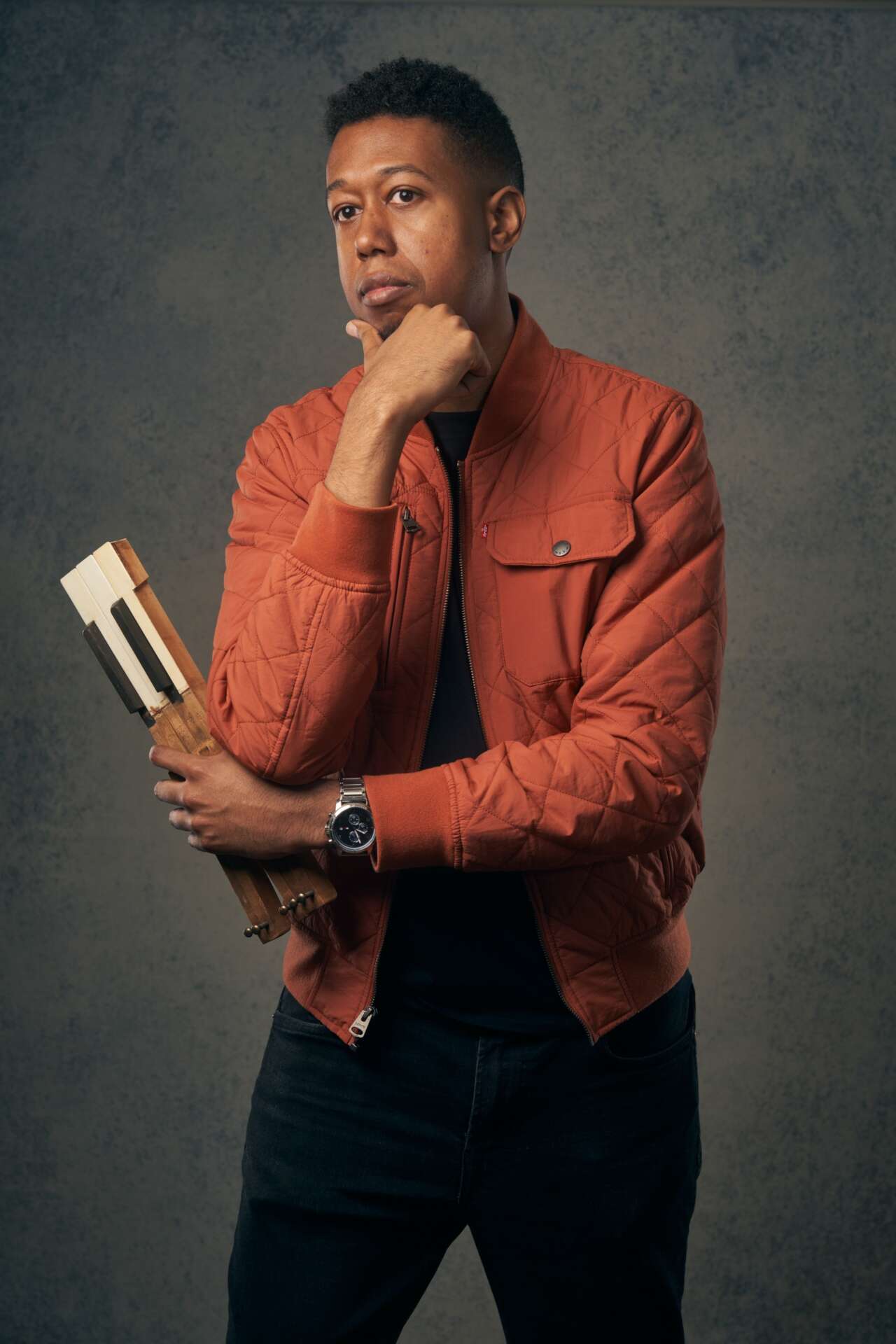
Contact Info:
- Website: https://lawrencefields.com/
- Instagram: https://www.instagram.com/lfieldsmusic/
- Youtube: https://www.youtube.com/@lawrencefields
Image Credits
Evan Criscuolo, Sofia from Sofia


